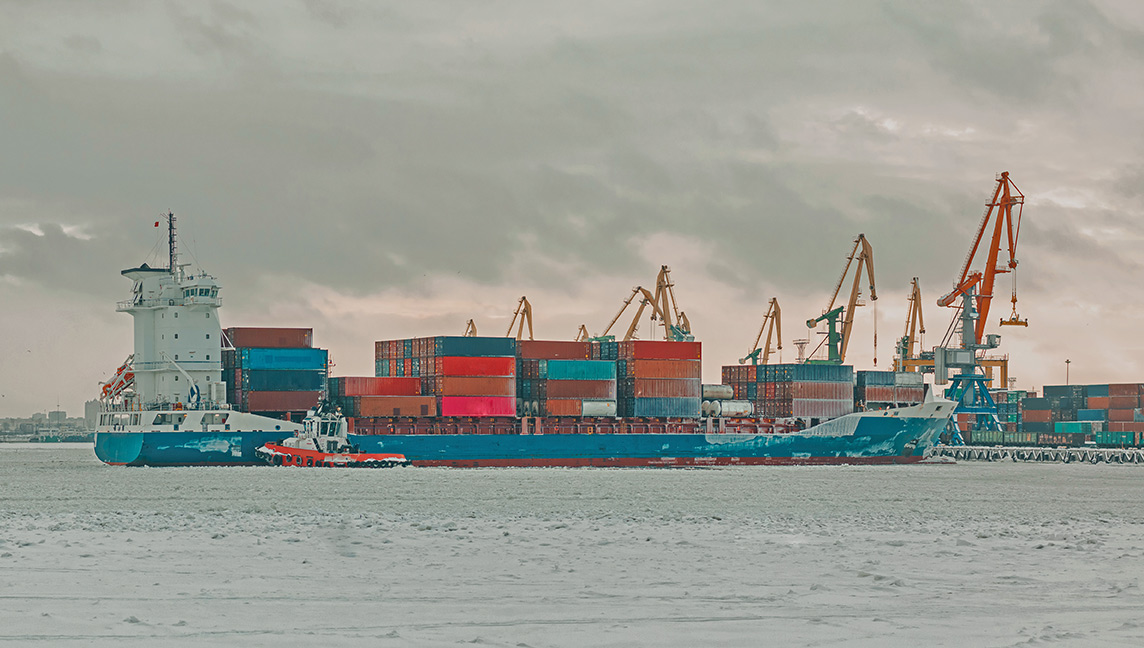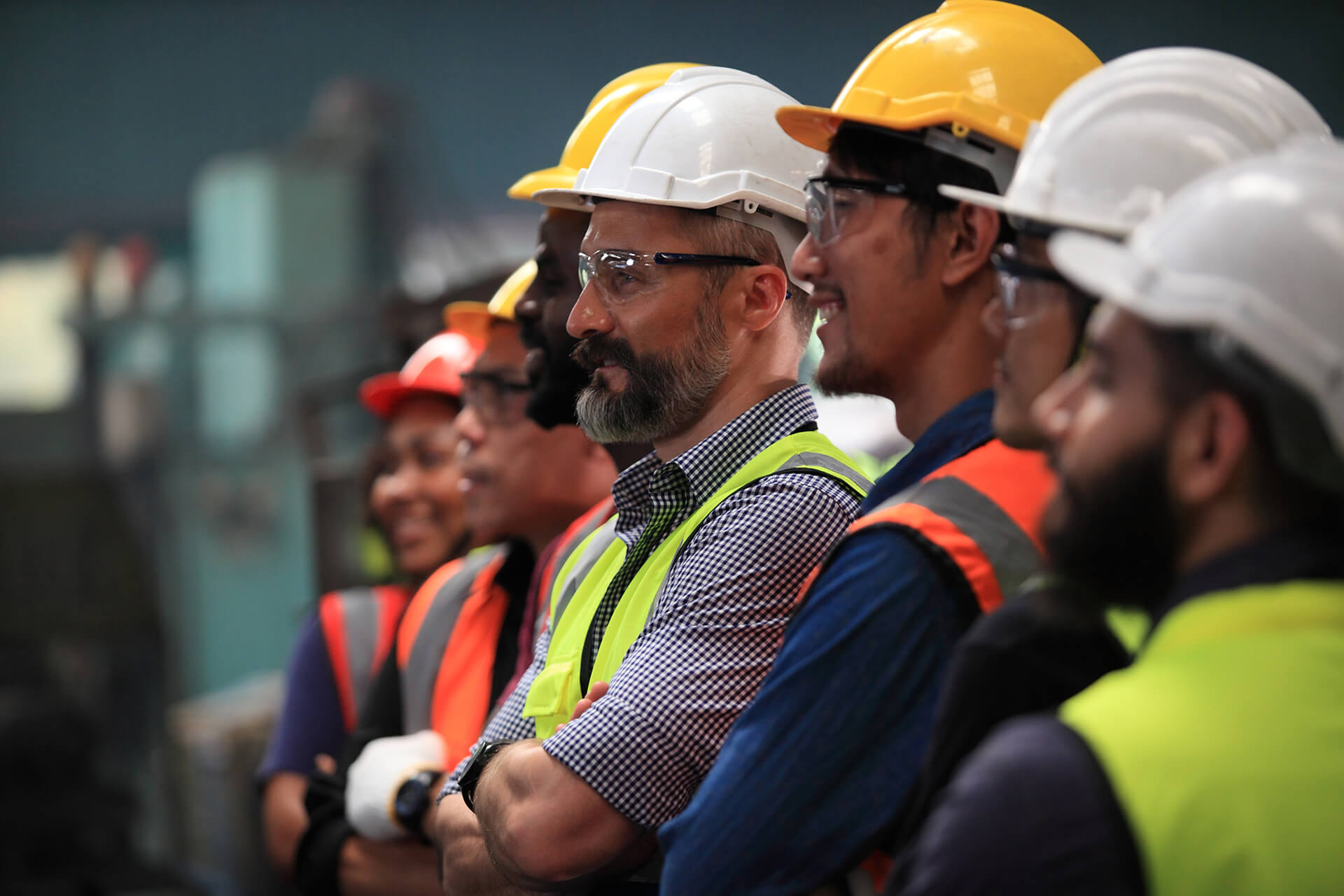Key Facts:
-
-
- The Norwegian company Nel ASA has received $75 million in grants and incentives from the Biden-Harris infrastructure law and from the state of Michigan to build a hydrogen fuel “gigafactory.”
-
- The plant will cost around $400 million to build and is expected to create more than 500 high tech, clean energy manufacturing jobs.
- This new facility will be one of the largest of its kind in the world, producing up to 4 gigawatts annually that could power over 3 million homes.
-
$75 million in government grants and incentives helped lure the Norwegian company to build the $400 Million facility in the U.S.
The Norwegian company Nel ASA has received $75 million in grants and financial incentives to support the establishment of a 507,000 square-foot “gigafactory” in Plymouth Township, Michigan for hydrogen fuel production. The bulk – $50 million – was funded from the Biden-Harris administration’s infrastructure law. The remaining $25 million was awarded in a matching grant from the Make it in Michigan Competitiveness Fund.
“(P)artnering with the Biden-Harris Administration, we are creating more than 500 good-paying, high-tech jobs in Plymouth,” said Michigan Governor Gretchen Whitmer. “Today’s investment… will ensure we stay on the cutting-edge of clean energy production and advanced manufacturing. ”
How it Works
Nel ASA builds devices called “electrolyzers” that use electricity to split water molecules and capture hydrogen gas, which is stored and used for fuel. Through this process – called electrolysis – hydrogen can be produced from renewable resources without emitting harmful greenhouse gasses. Hydrogen is the most abundant element in the universe.
The plant will cost around $400 million to build and is expected to create more than 500 high tech, “green” manufacturing jobs, further positioning Michigan as a leader in the country’s transition to clean energy.
Nel’s electrolyzers will be manufactured in the Detroit area and will supply up to four gigawatts’ worth of hydrogen annually, making it one of the largest factories of its kind in the world. For context, a gigawatt is 1 billion watts, and can power over 800,000 homes annually – so this project can provide power for over three million homes.
Michigan leads the Midwest in clean energy workers. Per the 2023 Clean Jobs America Report, clean energy businesses in Michigan added more than 5,400 workers in 2022. Today the clean energy sector employs more than 100,000 Michiganders.
As Michigan continues to grow its electric vehicle (EV) manufacturing sector and invest in building a clean energy economy, according to the World Resource Institute, the state could create 41,000 new jobs by the year 2040.





